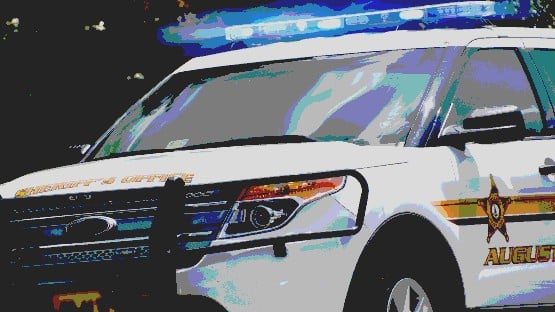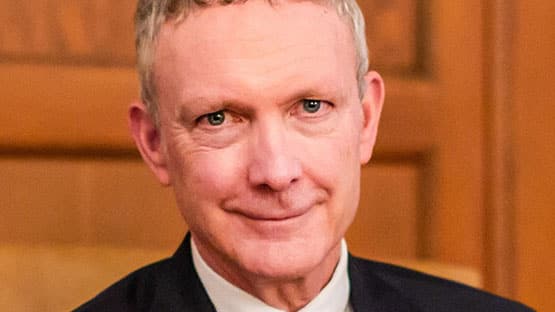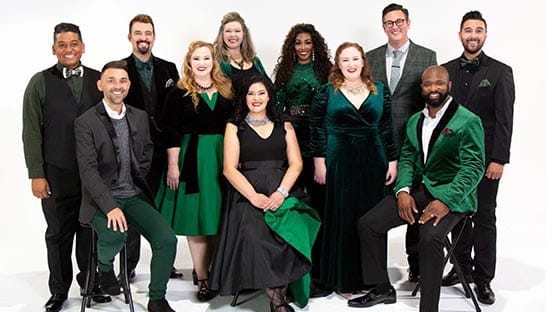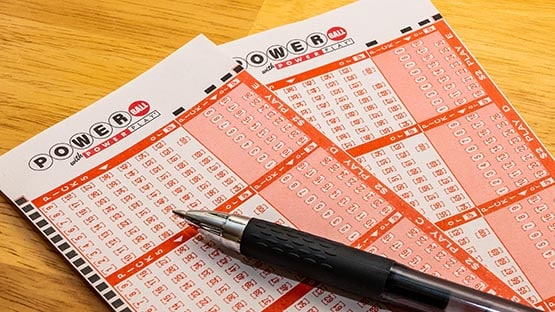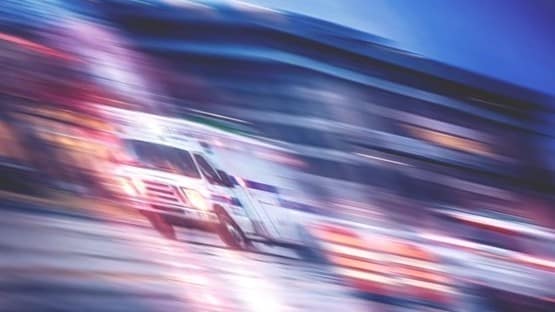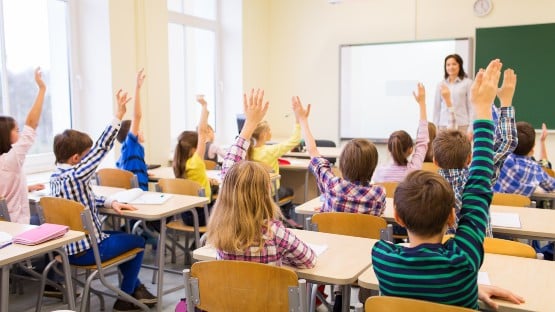
At the start of this school, 4.8 percent of teacher positions remained vacant in Virginia schools.
A year ago, only 3.9 percent were vacant.
Sixteen percent of the Commonwealth’s teachers were not fully licensed in 2022-2023, a 14 percent increase from the previous school year, according to a study by the Joint Legislative Audit and Review Commission (JLARC).
JLARC commissioned the study in November 2022 and results were presented to the commission Tuesday morning.
JLARC raised concern in the fall about the quality and quantity of Virginia’s teachers after the COVID-19 pandemic and after student enrollment declined. At the same time, fewer individuals were choosing to become licensed to teach in Virginia.
A continued deficit was seen between fully licensed teachers and teachers leaving the profession: 5,482 individuals. Vacant teaching positions also remained above the Commonwealth’s historical trend. The study revealed the 10 public school divisions with the highest vacancies for the 2023-2024 school year. The highest is 40.4 percent in Danville City.
Smaller portions of Virgnia teachers are becoming fully licensed than 10 years ago, according to the JLARC study. Teachers cite personal reasons for leaving the profession, and 46 percent are just unhappy as teachers.
Seventy-five percent cited inadequate support for them as teachers. Forty-three percent cited the need for better pay, 32 percent said better systems to manage student behavior and 30 percent said better support for teachers in the classrooms.
Direct pathways to full licensure better prepare teachers, however, direct pathways cost more. A provisional license is more affordable for most who are pursuing teaching.
Residency programs provide rigorous preparation, but only three are available in Virginia. The programs prepared less than 100 individuals for the 2022-2023 school year.
The VDOE registered a new teacher apprenticeship program in January 2023. But, first, the JLARC study recommended barriers that should be eliminated for individuals pursuing the profession. The Virginia Communication and Literacy Assessment (VCLA), developed in 2007, is the only test of its kind in the United States, and creates unnecessary barriers for a traditional prep program.
Becoming a teacher in Virginia also means individuals must take the PRAXIS test, a national measure of content knowledge.
While the PRAXIS is evolved, the VCLA has not changed in more than 15 years. Only 86 percent of VCLA test takers pass the test. The JLARC study recommends that the Virginia Department of Education replace the VCLA with a more relevant and nationally-recognized test or eliminate it. A waiver for VCLA was recommended.
Another barrier to becoming a teacher in Virginia is the cost: $57,000 per individual for a traditional pathway. Ten of 14 cite financial reasons for not completing a prep program to become a teacher.
North Carolina and Maryland have larger scholarship programs for teachers: in 2023, N.C. offered $11.3 million and Maryland offered $12 million.
Across school divisions in the Commonwealth, the study determined that clarification is necessary for some aspects of teacher licensure, including what documents are necessary and what courses should be taken.
The VDOE does not publicly share course and license transfer information.
JLARC Senior Associate Director Justin Brown said 2,600 went through prep programs last year. He added that the state needs a database to determine what works and what does not work in preparing teachers.
“We must acknowledge and celebrate that a quality teacher is necessary for student success,” said VDOE Secretary Aimee Guidera. She added that no profession can operate without quality information.
Virginia continues making teacher raises a priority in the budget every year, because teachers are crucial to public school education.

 Share
Share
